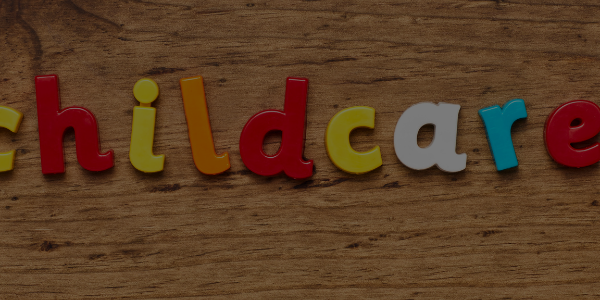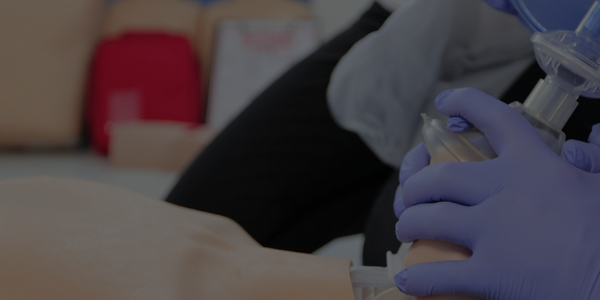Diaper Rash is caused by an infection of the skin’s outermost layer, known as the skin barrier. At least 40% of newborns will experience it and the majority have no symptoms. Babies having it should be treated with a non-antibiotic ointment or cream to provide relief and prevent further irritation and infection.
It is more than a skin condition.
It’s a signal that something’s wrong with your baby’s bottom. It typically occurs on the diaper area.
But it can also appear anywhere on the baby’s body — even the feet or face.
A few of the causes of it are:
- The most common type of it is dry skin
- Allergic reaction
- Dry skin typically occurs when a baby has a lot of moisture on his/her skin from being wet from urine or stool
- Irritation from detergents
Ouch! Diapers can cause discomfort for babies and parents alike, but it’s easy to take care of.
The best way to treat it is to use only water-based products on the bottoms of your baby’s bottom and change diapers frequently.
Limit your baby’s time in diapers to about six hours per day, maximum.
If you’re offering wipes for wiping off your baby’s bottom, consider a barrier cream instead as wipes can irritate sensitive skin.
It can be caused by any number of things, but there’s no magic remedy, and the best way to treat diaper rash is prevention. Here are some tips for keeping your baby’s skin safe from it:
- Wash your baby’s bottom well with a mild soap before each diaper change
- Don’t use scented detergents or any shampoo that contains alcohol
- Wipe down the inside of the diaper area with a soft cloth after changing diapers
- Try to avoid buying “one size-fits-all” diapers; choose ones that fit snugly around your baby’s waist and legs
- If your baby has any rashes on the buttocks, thighs or genitals, these should be treated as soon as possible with an over-the-counter ointment such as zinc oxide or hydrocortisone cream.
Please note that regular First Aid and CPR Training is the best way to make sure that you’re prepare in the case of an emergency. Book a course with us!
Find this article useful? Read more of our blogs here!





